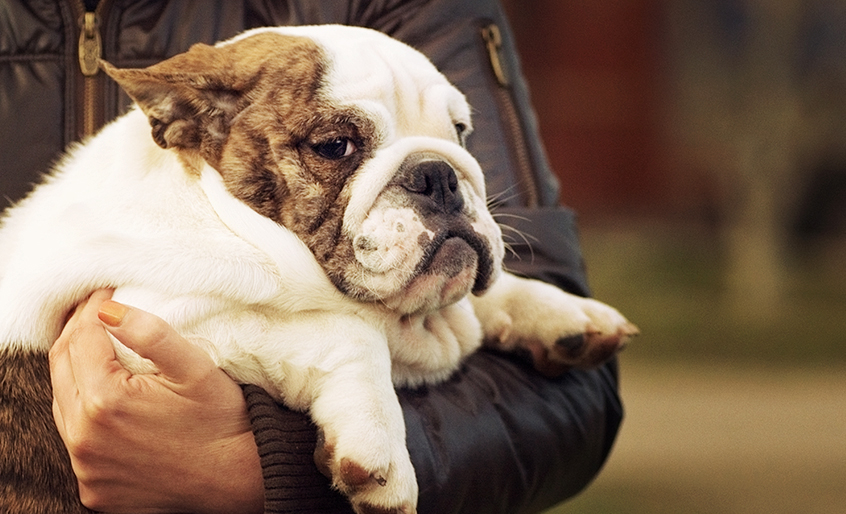Pet obesity isn’t an easy topic of conversation with clients at your veterinary clinic, but it is a necessary one. According to the Association for Pet Obesity Prevention, over half the dogs and cats in the U.S. are overweight or obese—and the problem is only growing.
So, what can you do?
Here are some alternative ideas for tackling the issue of overweight pets on a local scale.
Creative solutions for your veterinary practice
Preventing and treating pet obesity starts at your practice—and it’s easier than you think!
Organize a fundraising dog walk or run
Many charitable organizations host walks to raise money and awareness for important issues, and you and your team can do the same for animal welfare. Organizing a run to benefit healthier pets is a great way to engage your community, promote your practice, and encourage active pets through participation.
Need a way to spread the word about your event? The LifeLearn ECOsystem—now with ALLYDVM—has your back. Learn more about it here!
Provide healthy treats at your practice
Addressing pet weight concerns isn’t just about big events; small, everyday changes can make a difference. Keeping healthier treats at the front desk encourages pet owners to try it for their pets, and they may discover a new favorite!
Prioritize preventive client education
Pet parents can often have a blind spot when it comes to their pets, so it’s crucial to make sure your clients are educated on the complications of overweight pets. When pet owners know what to watch for, and the seriousness of the risks, they can recognize weight gain and seek help from your practice.
Need a home for your preventive care content? Easily schedule and publish content on your veterinary blog with a WebDVM website!
Encouraging lifestyle changes for pets at home
Confronting the issue of overweight pets takes a village, and there’s a lot you can encourage pet owners to do at home.
Go back to basics
Life gets busy, and it’s easy to fall into unhealthy feeding habits. To get back on track, ask pet owners to place limits on unhealthy table scraps and avoid “guilt treats” to reward pets for being cooped up all day. Encourage them to switch to healthier treats, and do their best to stick to a pet exercise routine!
Walk the walk
Most dogs need more than a leisurely pace to benefit from their walks, so encourage pet owners to maintain a brisk pace instead. Ask them to set a time challenge for themselves, so they can push the pace a little at a time.
Taking cats out for walks is becoming popular, as well. With plenty of good harness options out there, and the proper vaccinations, you could try encouraging interested pet owners to take their felines into the great outdoors.
Have some fun
If they’re having trouble staying motivated, or training an unmotivated pet, try to make exercise and eating healthy fun again! Putting healthy snacks in food puzzles for dogs, and on elevated eating surfaces for cats are both great ways to engage a playful spirit.
Starting and maintaining a healthy lifestyle for pets can feel like a chore to pet owners, but if you encourage them to think of it as valuable bonding time, they’ll find the inspiration they need to keep going.
Addressing pet obesity is a joint effort between your team and your clients—and it can make all the difference for the furry friends in your community.
Looking for a place to connect with your local pet community? See how the LifeLearn ECOsystem can help you spread the word about pet obesity.






